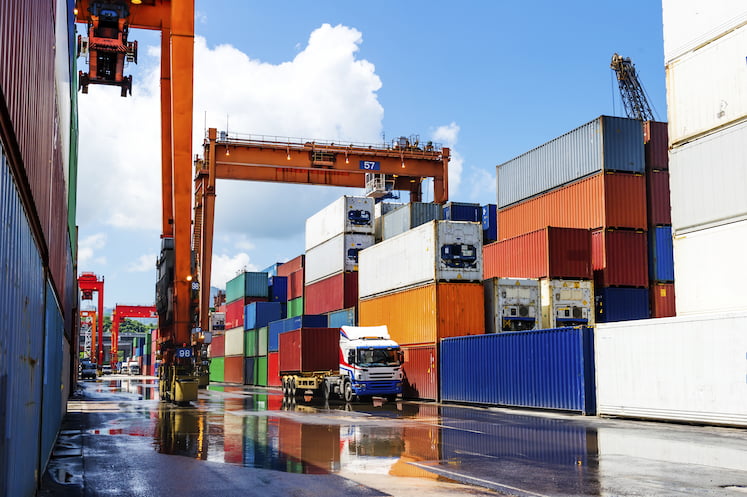When bad things happen, it’s how you handle them that can make or break your business.
Businesses aren’t judged so much by what happens, but more so by how they respond to the event and treat stakeholders in the process.
This is where good PR supports good crisis management.
Annette Ellis, strategic communications advisor and CEO of Cannings Purple, says you can come out of a crisis either:
- dealing with reputational fall out and the financial issues associated with that, or
- you can manage a bad situation well enough that you end up having a stronger relationship with your stakeholders.
To do this, you need to start working on the crisis well before it happens.
If you have a relationship with your customers, they’re less likely to go to social media if something goes wrong.
So, build that relationship first, and spread your message before something bad occurs.
It used to be that companies would know of a problem before it broke in the news. Now, with social and online media, the bad news is broken in the public domain and the affected companies are on the back foot.
For example, the needles in strawberries saga was first broken on social media in September 2018.
The story spread quickly, within an hour it was on national media and journalists included social media posts and pictures in news stories that spread worldwide.
By the time the strawberry industry went into damage control the bad news was virtually “old news”. Supermarkets were quicker in their damage control, but still had to be reactionary to the news that had long since broken.
Ellis says much of PR’s art is about planning for things that might happen. Once a crisis hits, you have minutes, not a week, to get help and work things out.
So, before you have a problem, she advises:
- know who your stakeholders are
- identify what platforms they’re on
- know how to reach them
- think of the risks inherent in your business
- brainstorm everything that could go wrong
- if each of those things were to happen, who would you speak with, what would you do and say?
“As we’ve seen with Cricket Australia, you’ve only got one opportunity to get it right,” Ellis says.
She uses the 2018 ball tampering incident in South Africa as an example of how not to deal with a crisis, and she believes it will be talked about in PR circles for many years.
“In terms of being in touch with what your stakeholders expect you to stand for, there was huge dissonance between what the board of the day felt they could tread over lightly and what the public felt in terms of the scale of the betrayal,” she says.
“How different might it have been if the chairman of the day got on an airplane and flew directly to South Africa, fronted those cameras and said, ‘this is not cricket, we will not stand for it’ and then acted decisively, knowing what the expectations of the Australian cricket loving community was.
“So, understanding who your audience is, what their expectations are and acting on that goes so much further than words. A society that is so connected by social media absolutely demands authenticity, integrity and transparency of communications.”






